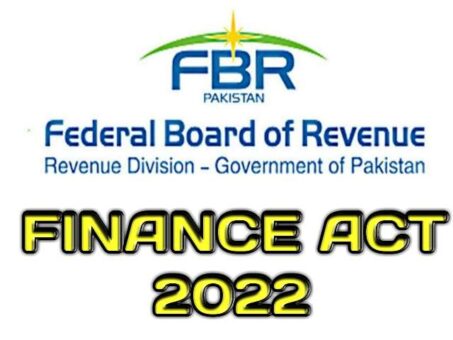KARACHI: The Pakistan Rupee (PKR) fell to a new historic low at Rs226.81 to the US dollar on Thursday due to scarcity of the greenback and further rise in political instability.
The exchange rate recorded a decline of Rs1.89 in rupee value to end at Rs226.81 to the dollar from previous day’s closing of Rs224.92 in the interbank foreign exchange market.
Currency dealers said that the importers were running pillars to post for dollars to make payments to their foreign suppliers.
READ MORE: PKR plunges Rs227 to dollar at interbank midday trading
They further said that the market remained uncertain due to political instability. The dealers said that the fall in foreign exchange reserves also fueled the uncertainty in the market.
The foreign exchange reserves of Pakistan have depleted by $454 million to $15.742 billion by the week ended June 30, 2022. The foreign exchange reserves of the country were at $16.196 billion a week ago i.e. June 24, 2022.
The country’s foreign exchange reserves hit an all-time high of $27.228 billion on August 27, 2021. Since then the foreign exchange reserves have declined by $11.486 billion.
READ MORE: Rupee hits fresh low Rs224.92 to dollar at interbank closing
The official reserves of the State Bank also recorded a decline of $493 million to $9.816 billion by the week ended June 30, 2022 as compared with $10.309 billion a week ago.
The central bank attributed the decline in foreign exchange reserves to external debt repayments.
It is pertinent to mention that the SBP received about $2.3 billion from Chinese banks for buildup of foreign exchange reserves. However, despite receiving the amount the external debt payment kept the pressure on the reserves.
The foreign exchange reserves held by the central bank witnessed a record high at $20.146 billion by the week ended August 27, 2021. Since then the official reserves of the SBP declined by $10.33 billion.
READ MORE:
READ MORE: Pakistani Rupee crashes to Rs222 against Dollar at closing on July 19, 2022
The SBP on July 07, 2022 announced a hike of 125 basis points in policy rate to bring it to 15 per cent. The purpose of increasing the interest rate was to curb the demand and support the rupee value. However, the effort of the SBP failed to support the rupee value.





